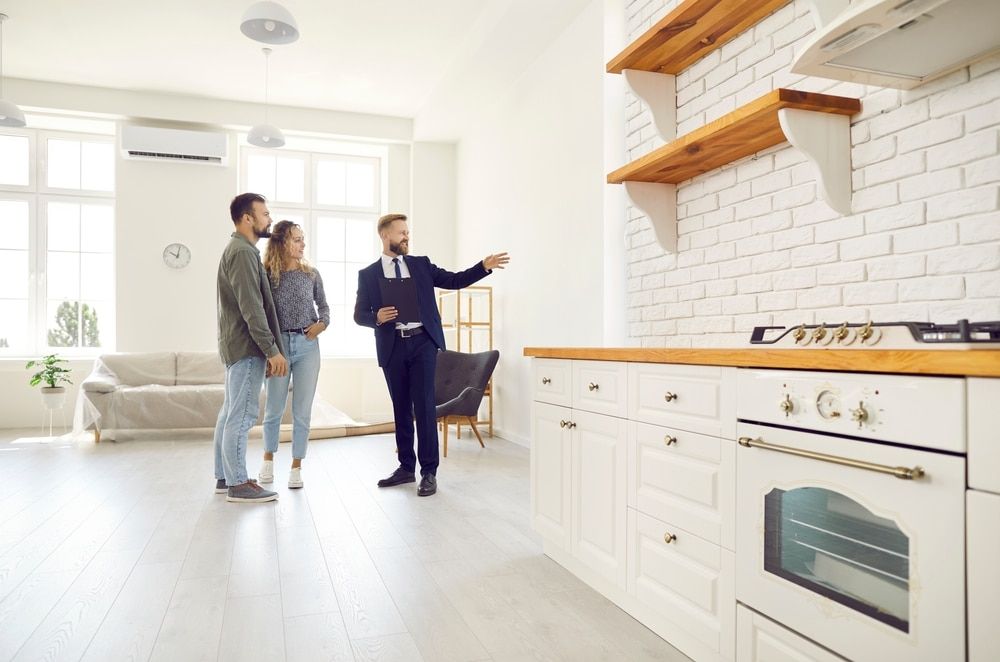Planning to rent?

Planning to let Rent a property, 10 steps to help you get it right the first time
So you’ve decided to rent and are wondering how to go about it?
Great! You’re in the best place possible position to do it right the first time. By taking these steps one at a time, you’ll ensure that you have a successful tenancy.

Step 1: Consider Your Budget
Before you start looking for the right property, first consider what your priorities are – when are looking to move, location, number of bedrooms, size of lounge etc, and match them against your available budget.
Will you or any other persons be claiming housing benefits? We do not discriminate, we simply need to ensure that the correct financial arrangements are in place i.e. would you be able to provide a guarantor?
From a finance perspective make sure that you consider how much the deposit is required, 5 week’s rent and month rent in advance
You can then start looking for the right property that meets your criteria. You can register online with us for property alters. Setting up an online account is a great way to ensure that as soon as any property comes up that matches your criteria you are immediately notified.

Step 2: Start viewing the properties you're interested in
Once you have found a property that you are interested in, get in touch with the office to arrange a suitable time for you to view the property.
Our staff are fully trained in helping you find the perfect home so the more information you can give them to explain exactly what you are looking for and what is on your wish list will assist them in helping you to find ‘home’.

Step 3: Decision Time
If you would like to rent a property that you have viewed, you should notify us quickly that you would like to rent it out.
At this stage you will normally be asked to pay a holding deposit to put a holding deposit down to state your intention and show good faith, this will be equal to 1 week’s rent.

Step 4: Tenancy Application
The referencing process then begins and as a minimum will include:
Providing, Two proof of identification, Bank Statements, Payslips, UC Statements
In some circumstances, you may be asked to provide a guarantor. The same reference checks are then carried out for your guarantor as were done for you.
You will be asked to give references to your prospective landlord/agent to confirm your details and background. You will ask you to complete the details of your references online. Please make sure you give plenty of contact details so that the process is quick. It’s also worth speaking with your references/referees so they know they will be approached.
The typical referencing criteria consist of:
Three years’ address history
Landlord details for any property rented in the last three years
Confirmation of earnings, per annum
No adverse credit in the form of a county court judgment, bankruptcy order or similar
If you are self-employed, either an accountant’s reference or evidence on the last three years’ tax returns or bank statements

Step 5: Signing The tenancy agreement
A tenancy agreement is then drawn up which details all of the legal and contractual obligations that both you and your landlord must adhere to. It is important that you are familiar with the agreement before you sign.
The security deposit and the first rental payment is then taken.
Before you can move in you must pay the balance of any monies owed such as the first months’ rent, the deposit.

Step 6: Move-In Day
On the move-in day, you will meet our inventory clerk to complete the inventory/check-in. This inventory describes the condition of the property and anything left behind by the landlord. The inventory is used when you leave the property to ensure that the condition that you leave it in can be fairly assessed against any deposit deductions that may come up.
Insurance – your landlord is responsible for insuring the building and their possessions but you may want to take out your own contents insurance.

Step 7: During the Tenancy
Property maintenance problems/ questions
If your property is managed by us, we have an online maintenance reporting tool, where you can report any repair issues you have during your tenancy.
We will discuss the maintenance issues with you and whether action is needed either by yourself or the Landlord- depending on whether the issue is a long-term fault or through ‘wear-and-tear’.
Your Tenancy Agreement will help guide you on who is responsible for what and the timescales we aim to meet.
If your property is managed by the Landlord, you will be advised of their name and contact details and you should contact them directly with any issues you may have.
Paying rent
Under the terms of the tenancy, your rent will be due normally each month and it will be clearly stated when and how it should be paid. As the Tenancy Agreement is a legally binding contract, it is important that you pay your rent as due, on time. Agents and Landlords alike understand that on occasion payments can be late, but it is best to talk to your Landlord or Agent about this as soon as it happens, or may happen, so that action is not taken.
Property inspections
A property managed by us will receive regular visits carried out by a member of staff. This will give us the opportunity to check the property is being cared for on behalf of the Landlord – this will normally occur only a few times a year. It is also an opportunity for Tenants to raise any queries during their time at the property. Many Landlords do not live nearby so the Agent is often employed to ensure the property maintains in a good condition for you to live in. If the Landlord manages the let themselves, they also may wish to visit.
If anything breaks down or needs repairing before or after a visit please don’t wait for the next visit to tell us, report immediately.

Step 8: Ending the tenancy
Towards the end of the fixed term of your contract, we will be in touch to find out what you would like to do – you will need to decide whether to extend your stay or move out.
It’s best to let us know at least 1 month before the end of the fixed term that you may want to move out, if you can give us more notice than that then please do! The property will need to be left clean and tidy with all items left in their original position. When moving to a new property we know it’s often a busy time so if you’d like us to recommend a cleaner to take care of that for you we can help and you can pay them directly should you wish.

Step 9: Moving out
If we manage the property for the Landlord, we’ll arrange a check-out appointment with you, so we can both ensure the property is left in an appropriate condition in accordance with the deposit legislation. At this point, you will hand back the keys. If the landlord manages the property, you will need to contact them directly to arrange a time and date to meet there, complete a checkout and hand the keys back.
You will need to:
Have paid all of the rent due
Make sure all of your belongings have been removed from the property
Hand back all keys
Make sure that the property is clean (to a professional standard) and that all contents are left intact
Take a note of the meter readings
Redirect mail & cancel all media services
Cancel your standing order (we can’t do this for you)
Furniture must be left in the same place as stated on the inventory
Replace light bulbs that are not working
Ensure the garden has been tended to and left in the same condition as stated on your inventory and move in photographs·
Put the rubbish bins out

Step 10: Return of Your Deposit
At the checkout, the property and its contents will be assessed and compared to the initial inventory and subsequent inspection reports. The results will be reported back to both the landlord and you.
Within 10 working days of the tenancy ending, any deductions from the tenancy deposit should be agreed upon. The formalities of how and when the deposit is returned will depend on the provider that protects the deposit.
Sign up for property alerts
Complete this form or give us a call to request a free formal valuation.

